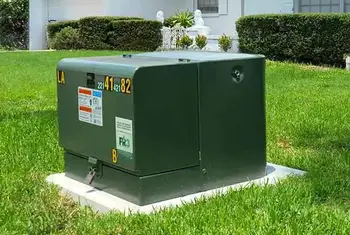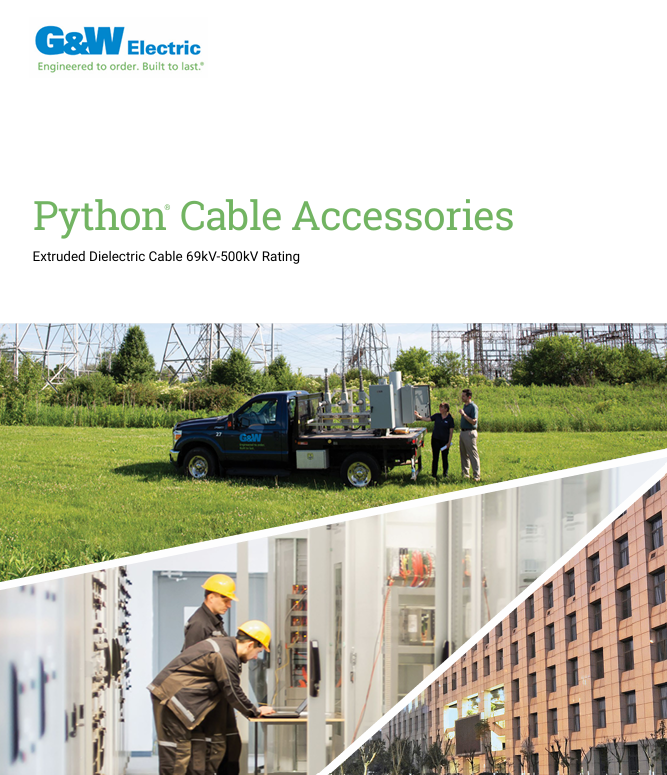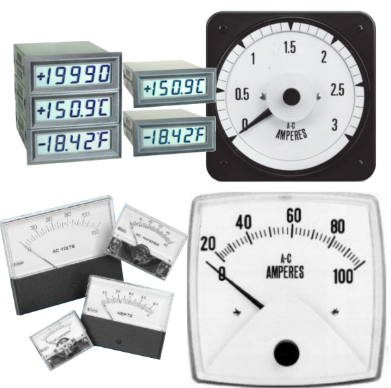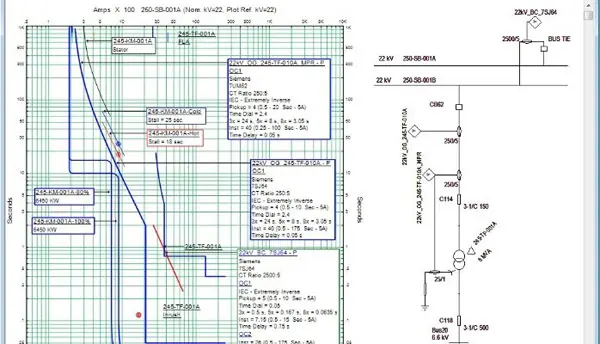Emergency Backup Generator
By R.W. Hurst, Editor

Emergency Generators & Standby Power Systems
Our customized live online or in‑person group training can be delivered to your staff at your location.
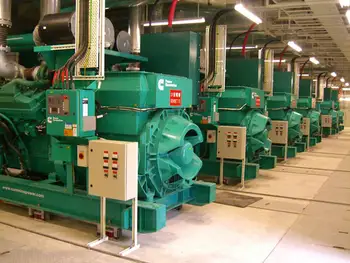
- Live Online
- 12 hours Instructor-led
- Group Training Available
Download Our OSHA 3873 Fact Sheet – Minimum Approach Distance and Training Requirements
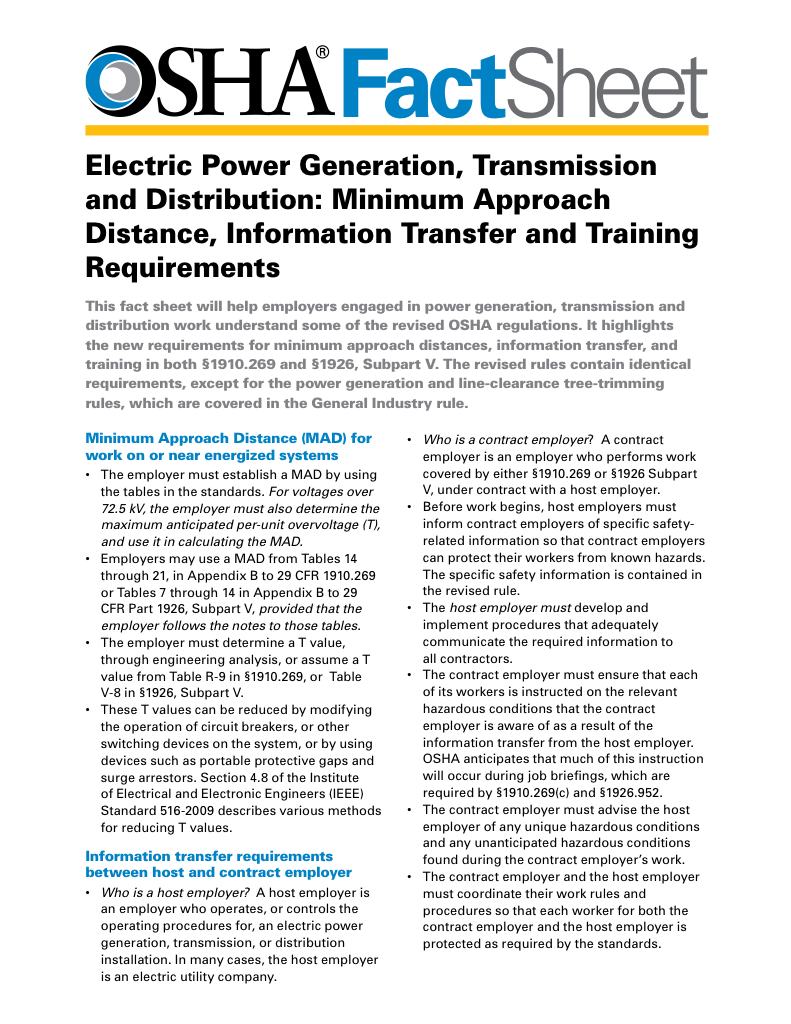
- Calculate MAD using voltage and overvoltage values
- Ensure proper communication between host and contract employers
- Meet OSHA training requirements for qualified electrical workers
Emergency backup generator ensures standby power during outages, with automatic transfer switches, diesel or natural gas fuel, load management, and kW sizing to protect critical systems, homes, and businesses with reliable resilience.
What Is an Emergency Backup Generator?
An emergency backup generator is a standby power system that automatically restores electricity to critical loads.
✅ Automatic transfer switch engages within seconds
✅ Supports diesel, natural gas, or propane fuel
✅ Sized by kW, load priority, and runtime requirements
An emergency backup generator is a device that generates electrical power during an unexpected power outage or interruption in the power supply. Various factors, including natural disasters, severe weather conditions, or equipment malfunctions, can cause power outages. A unit can be a lifesaver in such situations, providing temporary power to essential appliances and keeping the lights on until power is restored. For an overview of emergency power supply concepts, see this introduction to emergency power supply for additional context.
Emergency backup generators come in different sizes and types and are typically powered by gasoline, diesel, natural gas, or liquid propane. Portable generators are typically smaller and can be moved around, while home standby generators are larger and permanently installed outside the home. Portable generators are an excellent choice for powering small appliances, while standby generators are more powerful and can supply power to an entire home.
When choosing a unit, it's important to consider the fuel source and the generator's power output. Generators run on different fuel types, and each type has advantages and disadvantages. Gasoline generators are commonly used due to their affordability and easy availability, but they require frequent refuelling and can be noisy. Diesel generators are more fuel-efficient and can provide longer run times but are typically more expensive. Natural gas and liquid propane generators are clean-burning and can provide uninterrupted power for extended periods, but they may require professional installation and can be expensive.
Test Your Knowledge About Generators/UPS!
Think you know Generators/UPS? Take our quick, interactive quiz and test your knowledge in minutes.
- Instantly see your results and score
- Identify strengths and areas for improvement
- Challenge yourself on real-world electrical topics
Generators work by converting mechanical energy into electrical energy. The fuel source powers the generator's engine, and the engine's motion is then converted into electricity by a generator alternator. The unit's power output is measured in watts, and the generator's wattage should be sufficient to power the essential appliances and devices during a power outage. However, it's important to note that a generator can power not all appliances and devices, and some may require a larger generator or an electrical panel upgrade.
An emergency generator should always be installed and operated according to the manufacturer's instructions to ensure safety and reliable performance. Portable generators should never be operated indoors, as they emit carbon monoxide and can cause deadly carbon monoxide poisoning. Extension cords should also be used to connect appliances to the unit, as improper use of extension cords can result in electrical shock or fire.
There are two types of home standby generator systems: manual transfer switches and automatic transfer switches. A manual transfer switch requires the homeowner to manually switch the electrical load from the utility power source to the unit. On the other hand, an automatic transfer switch automatically switches the load to the generator when the utility power goes out. An automatic transfer switch is a more convenient and reliable option. It ensures that the generator will start automatically and the essential appliances will be powered without manual intervention. For detailed specifications and selection guidance, review this automatic transfer switch resource to understand compatibility and code requirements.
Emergency backup generators are widely used in industrial, commercial, and institutional applications to provide reliable power during unexpected power outages. Here are some examples of how they are used in these settings:
Industrial Applications:
- Manufacturing plants: They are used to power critical manufacturing equipment during power outages, ensuring that production can continue without interruption.
- Oil and gas facilities: They power essential equipment such as pumps, compressors, and instrumentation during power outages, preventing downtime and maintaining safety.
- Data centers power critical IT infrastructure such as servers and networking equipment, ensuring that data and systems remain operational during power outages.
In many industrial environments, pairing generators with an uninterruptible power supply helps bridge transfer gaps and protect sensitive controls.
Commercial Applications:
- Retail stores: They power essential equipment such as cash registers, refrigerators, and lighting during power outages, ensuring that the store can remain open and customers can shop safely.
- Office buildings: They are used to power critical systems such as elevators, security systems, and lighting during power outages, ensuring that employees can continue to work safely.
- Hotels and resorts: They power essential equipment such as elevators, lighting, and HVAC systems during power outages, ensuring guests remain comfortable and safe.
For retail and office continuity, an UPS power supply can maintain point-of-sale terminals and network gear until generators assume the load.
Institutional Applications:
- Hospitals and healthcare facilities: They power critical medical equipment such as ventilators, monitors, and life support systems during power outages, ensuring patient care is not interrupted.
- Schools and universities: They power essential equipment such as lighting, HVAC systems, and emergency communications during power outages, ensuring that students and staff remain safe and comfortable.
- Government buildings: They power critical systems such as emergency lighting, communications, and HVAC systems during power outages, ensuring that government operations continue uninterrupted.
Institutions that depend on life safety and communications often deploy a UPS system to ensure clean power during transfer events.
FREE EF Electrical Training Catalog
Download our FREE Electrical Training Catalog and explore a full range of expert-led electrical training courses.

- Live online and in-person courses available
- Real-time instruction with Q&A from industry experts
- Flexible scheduling for your convenience
They are essential for ensuring critical operations can continue during unexpected power outages in various industrial, commercial, and institutional settings.
How does a generator work?
During an unexpected power outage, a generator produces electrical power from a fuel source. When the power goes out, the unit's engine is powered by gasoline, diesel, natural gas, or liquid propane. The engine's motion is then converted into electricity by a generator alternator via an electric start, which produces electrical power. This power is transferred through a transfer switch to the home's electrical system, powering essential appliances and devices until power is restored. For a step-by-step explanation of this process, consult this guide on how a generator works before planning your installation.
How does a generator work with other technologies?
A generator can be used with other technologies to restore power after a power outage. For example, a solar panel system can generate electricity during the day. A unit can provide power at night or when the solar panels are not generating enough power. A battery backup system can also store excess solar or generator power, providing power during an outage. To size and configure storage correctly, compare options in this battery backup overview for best results.
What are the benefits of having an emergency backup generator?
There are several benefits. The most significant advantage is that it provides reliable power during a power outage, ensuring that essential appliances and devices continue functioning. This can be particularly important for households that rely on medical equipment or have special needs. Knowing that your home and family are protected during an unexpected power outage can also provide peace of mind. Finally, it can add value to your home, as it is a valuable and desirable feature for potential buyers.
What size generator do I need for emergency backup power?
The size of the generator needed for emergency backup power depends on the power requirements of the appliances and devices that need to be powered during a power outage. Therefore, it's important to calculate the wattage requirements of the essential appliances and devices during a power outage and choose a unit with a power output that is sufficient to power them. A licensed electrician or generator installer can help you determine the appropriate generator size based on your specific power requirements.
How long will it run?
The run time depends on several factors, including the fuel source, generator size, and load demand. Depending on the fuel source and generator size, portable power generators can run on a single fuel tank for several hours to several days. Therefore, choosing a unit with sufficient fuel capacity and monitoring its fuel level during a power outage is important. Then, if additional run time is needed, other dual fuel can be added to the unit.
Can I use one indoors?
Portable generators should never be used indoors, as they emit carbon monoxide and can cause deadly carbon monoxide poisoning. On the other hand, home standby generators are designed for outdoor installation and can be safely used during a power outage.
What maintenance is required?
Regular maintenance is important to ensure the reliable operation of a unit. This includes regular oil changes, air filter replacements, and spark plug replacements. It's also important to periodically test a unit to ensure it functions correctly and address any issues before a power outage occurs. A licensed electrician or generator installer can guide your unit's specific maintenance requirements.





